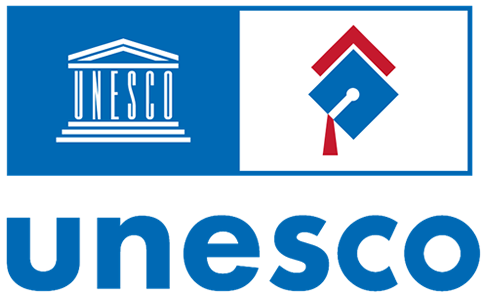La Regulation of remote learning and the experience of Argentine academics in the development of their teaching activity in e-learning before the outbreak of the pandemic
Abstract
Academics are fundamental actors for the university when they develop different activities, such as teaching, research and university extension. In the last year and a half, universities have been challenged to implement different strategies for emergency remote teaching. These actions had to be carried out in a context characterized by urgency, exceptionality and uncertainty regarding the need to ensure pedagogical continuity to guarantee the right to education. The purpose of the article is to characterize the experience prior to the outbreak of the pandemic in March 2020, of argentine academics in the development of their teaching activity in virtual environments, as well as the recent development and regulatory evolution of remote learning in Argentina. Given the elapsed time involved in the development of new ICT-mediated teaching experiences, the work may become an input to contrast it with other studies that analyze the impacts of the pandemic in Argentine universities.The methodological design involved the application of a survey to a representative sample of academics from Argentine national universities, within the framework of the international project APIKS (Academic Profession in the Knowledge-Based Society).
Copyright (c) 2021 María Catalina Nosiglia, Brian Fuksman

This work is licensed under a Creative Commons Attribution-NonCommercial 4.0 International License.
Copyright notice
Copyright allows the protection of original material, and curbs the use of others' work without permission. UNESCO IESALC adheres to Creative Commons licenses in the open access publication of ESS. Specifically, texts published in this journal are subject to a Creative Commons Attribution-NonCommercial 4.0 International (CC BY-NC 4.0) license: ESS is an open access journal, which means that all content is freely available to the user or their institution. Users may read, download, copy, distribute, print, search or link to the full text of the articles, or use them for any other lawful purpose, without asking prior permission from the publisher or the author, always making sure to cite the author. Commercial use is not permitted. ESS requires authors to accept the Copyright Notice as part of the submission process. Authors retain all rights.
The full license can be found at https://creativecommons.org/licenses/by-nc/4.0/
 Attribution - NonCommercial (CC BY-NC 4.0)
Attribution - NonCommercial (CC BY-NC 4.0)
This journal does not charge authors for the submission or processing of articles. The authors of the contributions will receive acknowledgment of receipt that the work has reached the Editorial Team of the Journal.




.png)
